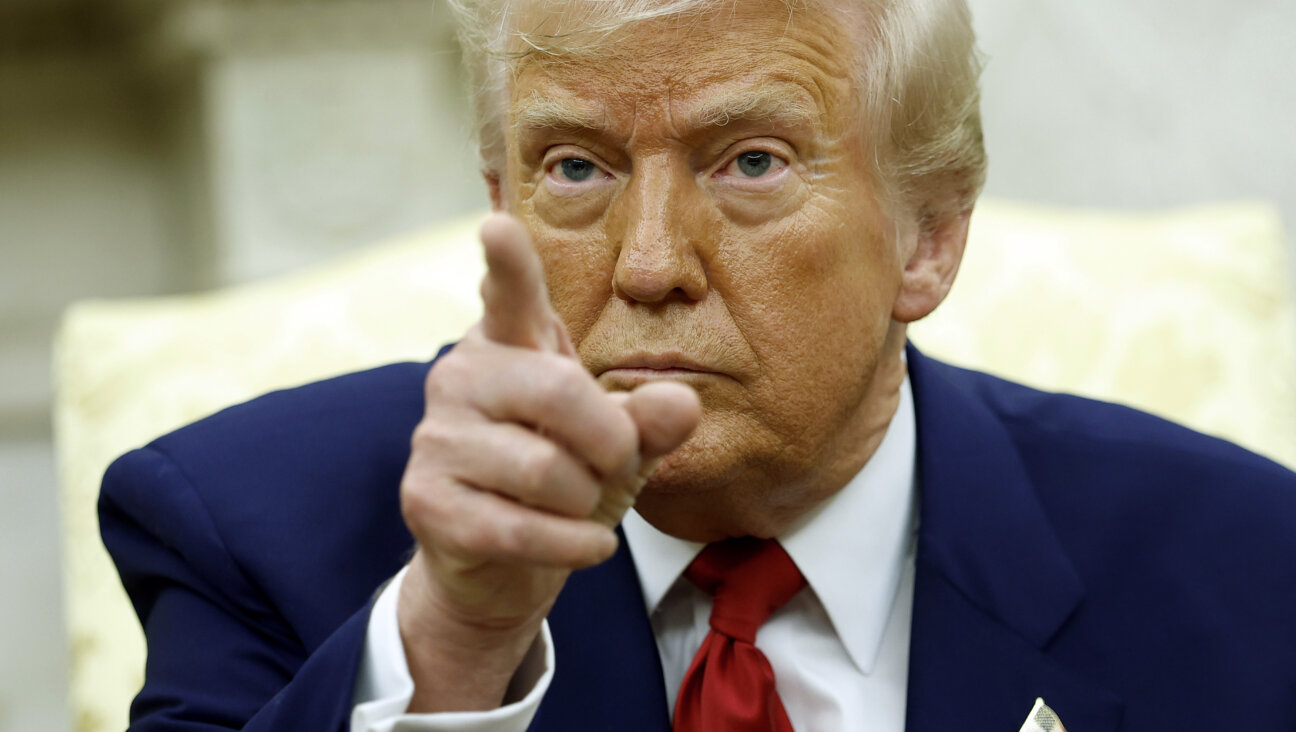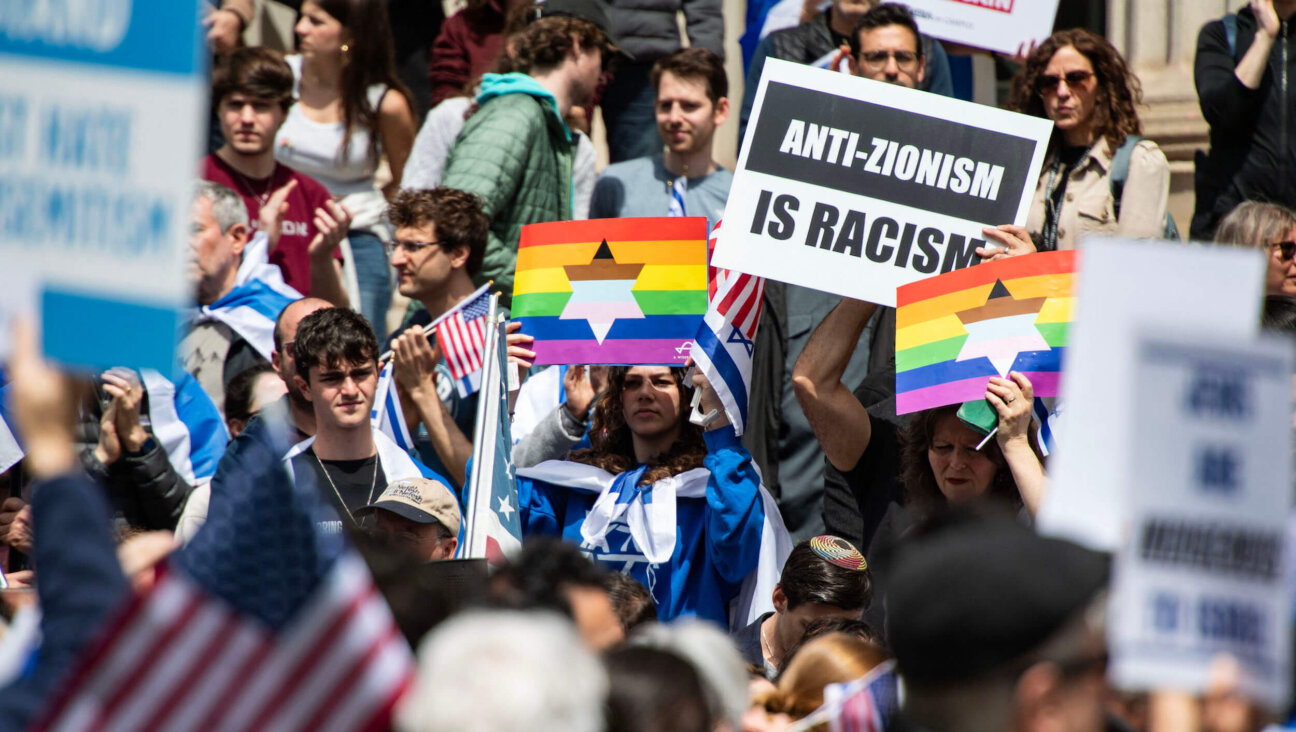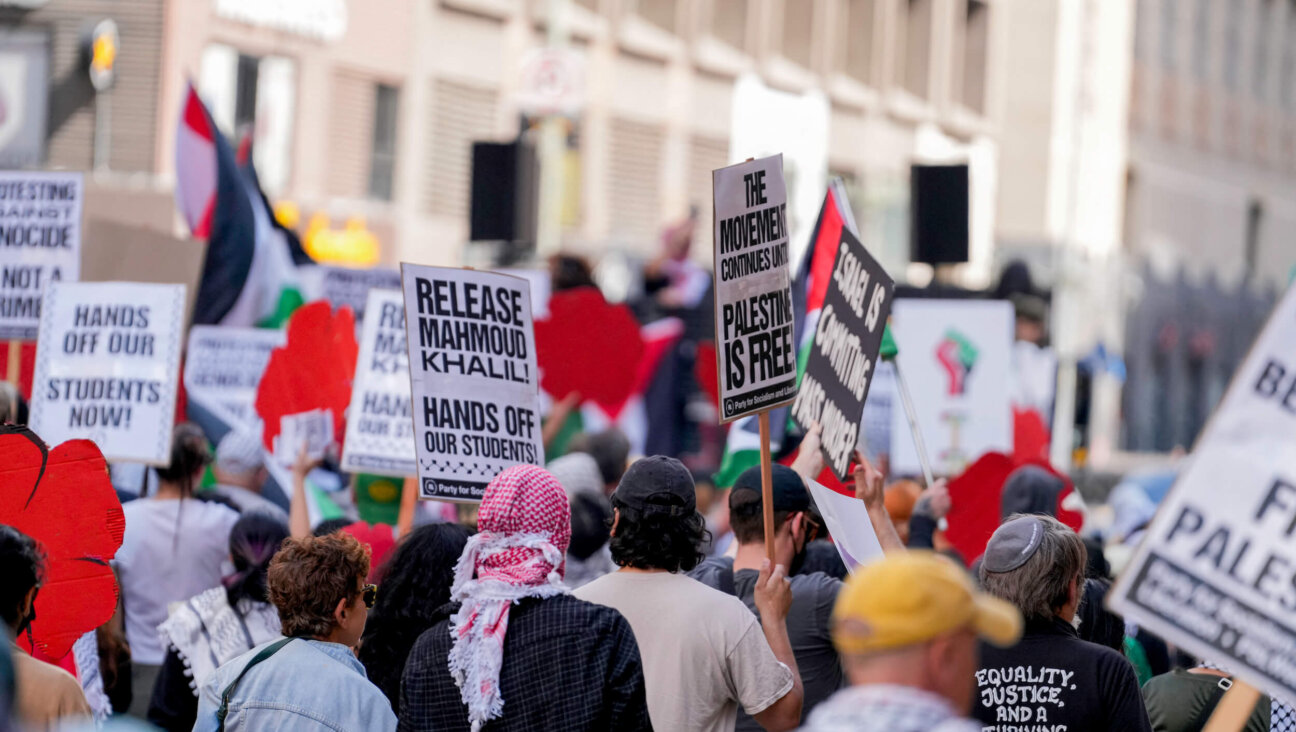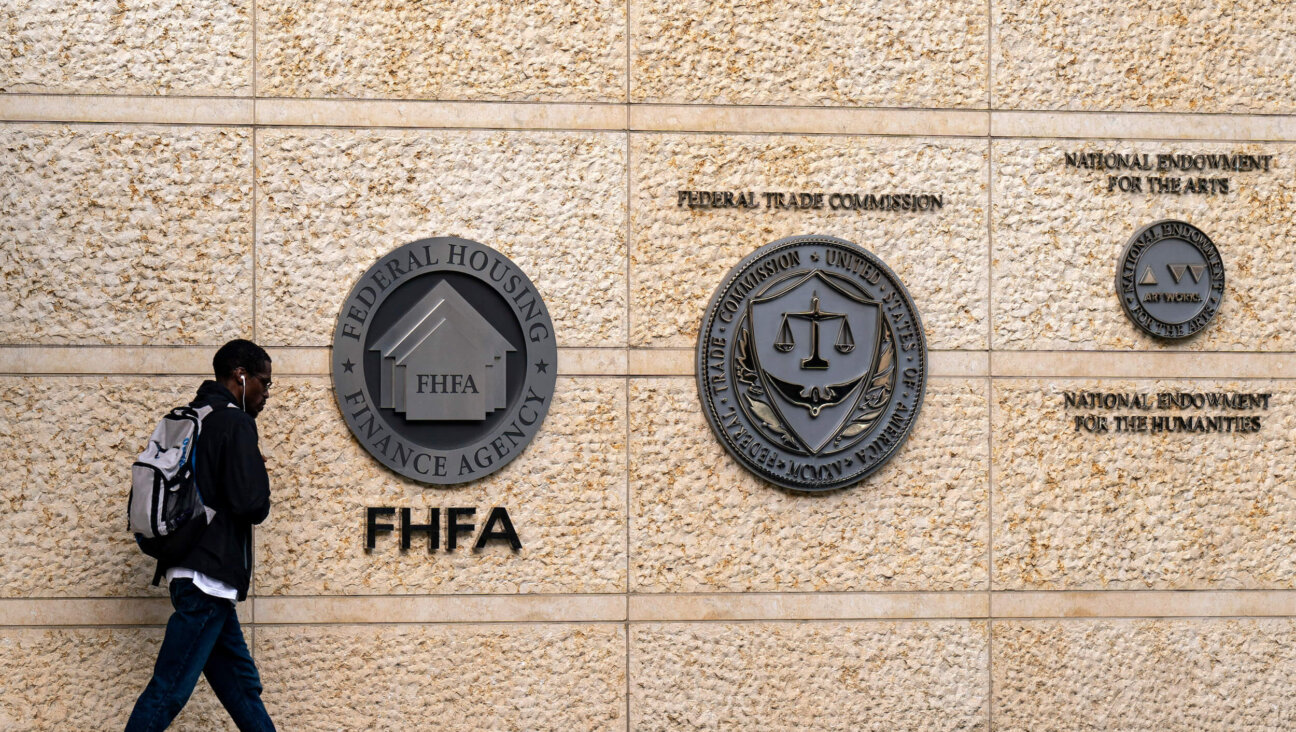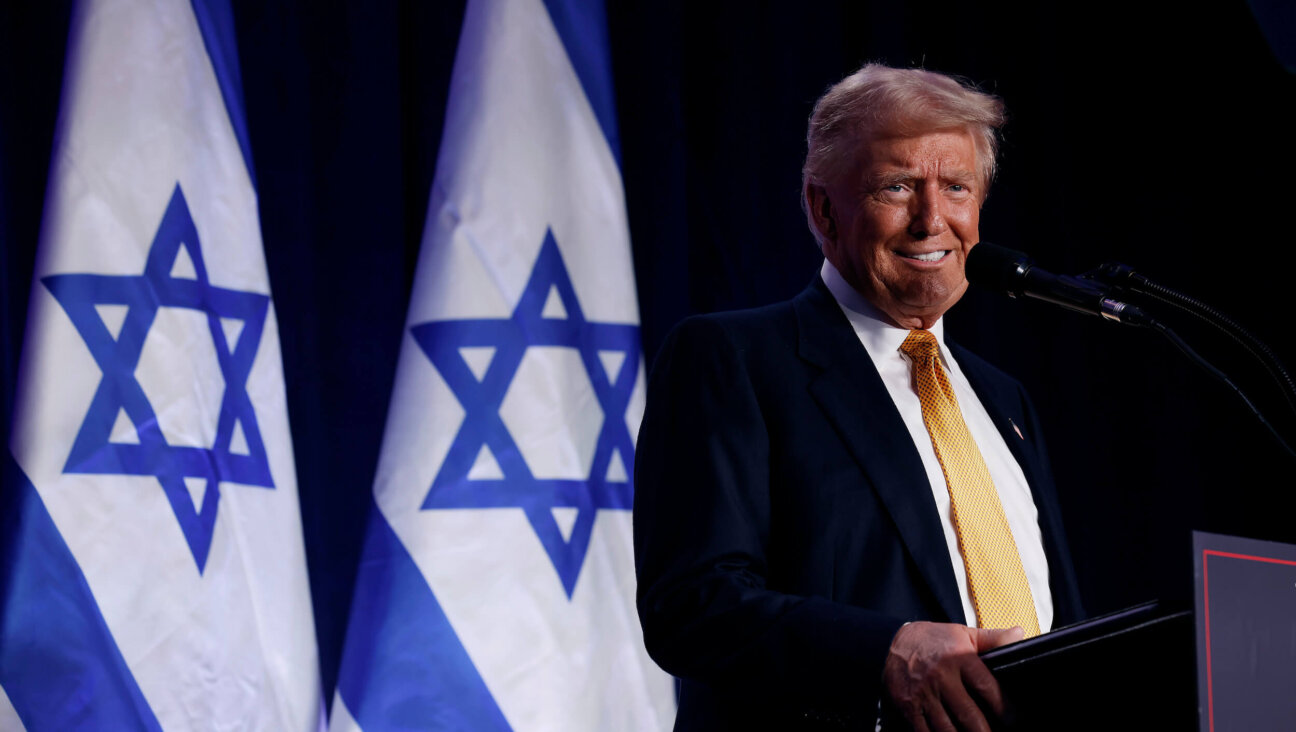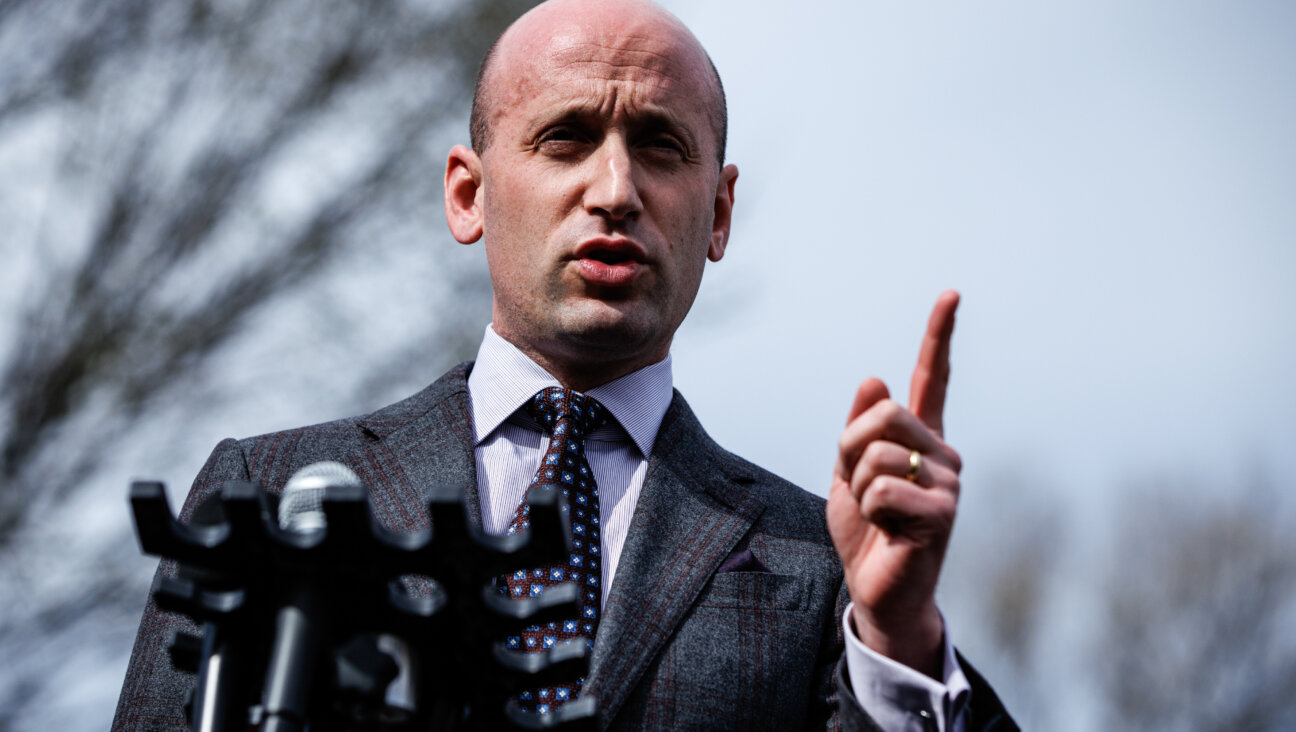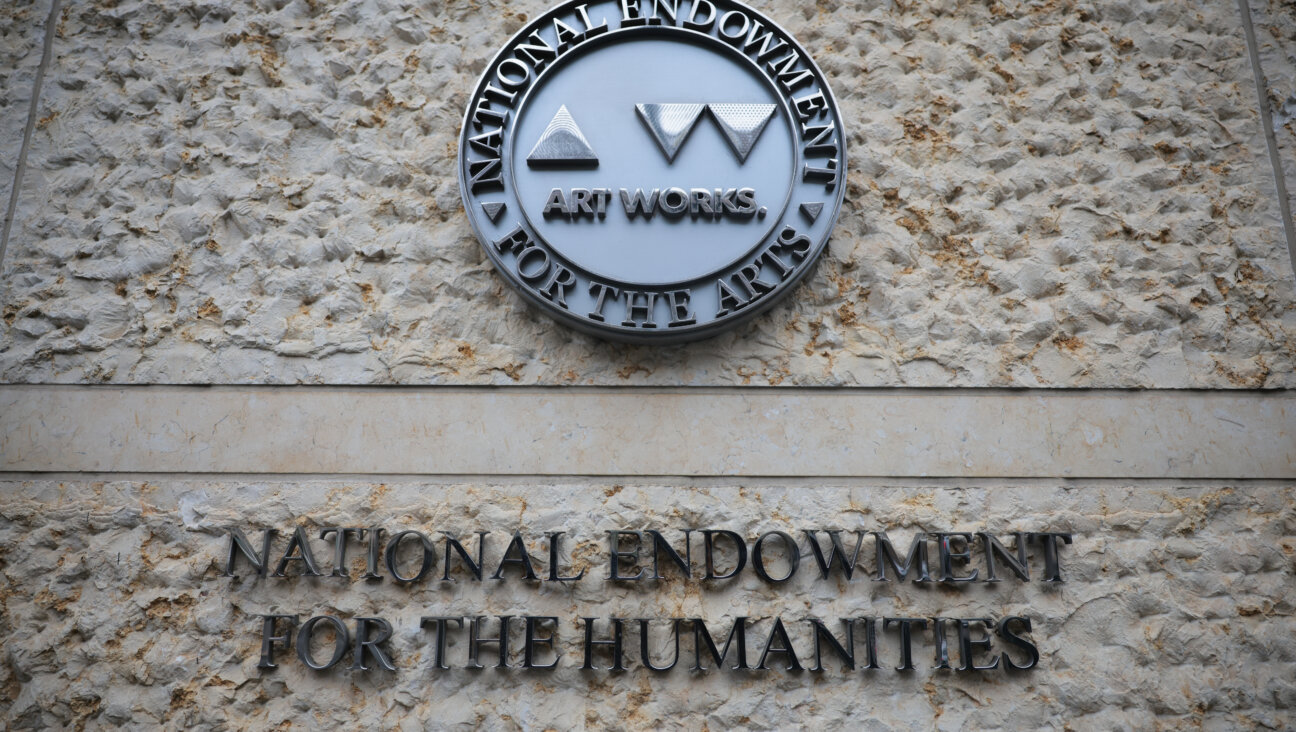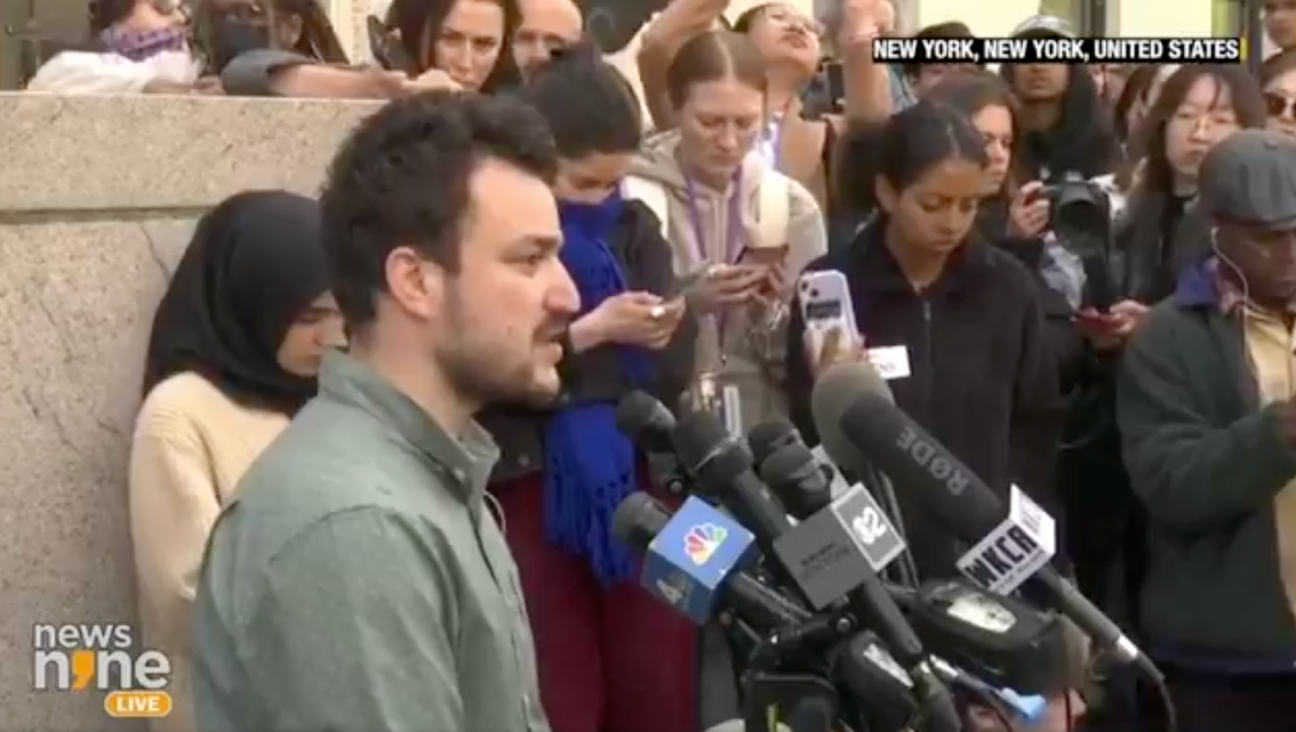The Quieter Upheavals

Image by getty images
The narrative of last September from both sides of the Israeli-Palestinian divide is strikingly similar. The high point in Israel came September 3, when nearly half a million people took to the streets in peaceful protest against an economic system that they argued betrayed the Zionist dream. A few weeks later, the Palestinian Authority president delivered his historic request for statehood to the United Nations.
And what happened? The conventional thinking is that the euphoria greeting both of these momentous events has dissipated into resigned disappointment. The Palestinians still don’t have a state and were arguably outmaneuvered by American and Israeli diplomatic pressure. The social protest movement, meanwhile, has abandoned its tents on Rothschild Boulevard in Tel Aviv and, after securing a modest change in the tax code, seems to have gone into hibernation.
With Palestinian politics rudderless and Israeli politicians focused on Iran, the conventional thinking may indeed be right. The moment may have passed, subsumed by a status quo that so often has sucked the life out of bold initiatives in this region.
But it may be too soon to dismiss the headlines of September 2011. They may turn out to be game changers yet.
Conversations with Israelis and Palestinians in recent weeks revealed a deep sense of pride and potential for a social reawakening in both societies. True, Benjamin Netanyahu’s government figured out how to make a minimal response to the social protests appear sufficient, but that won’t be enough to erase the underlying causes. Ordinary middle-class Israelis who have felt burdened and bewildered by the unforgiving economic landscape suddenly understood their power to at least be noticed by the political establishment. Even those who did not join in the summer of protests expressed pride at the peaceful, inclusive way that the organizers pressed their case. Hundreds of thousands of people on the street and not one broken window, exclaimed one Israeli.
Meantime, protest leaders are planning their next move. It all may come to naught, a casualty of youthful inexperience or of some existential national security crisis. But it’s just as possible that the social protest movement will become a kind of sleeping giant, Israel’s own political spring.
The undercurrents of change among the Palestinians are sadly removed from most Israelis — Ramallah, practically a suburb of Jerusalem, may as well be on another continent — but the similarity in narrative is hard to ignore. Many Palestinians seem tired of waiting for a state and for international legitimacy; those who are part of the establishment and want to work through it are taking matters into their own hands. A new Palestinian Institute for Public Diplomacy has been created to improve the Palestinian “brand” in the minds of Americans and, interestingly, Israelis. This partnership of businessmen, government officials and NGO leaders is directly fashioning itself from what it views as the highly successful hasbara effort that the Israelis have perfected over the years.
“There is a lack of knowledge and understanding about how we operate and behave, and what we believe in,” said Samir Hulileh, the chief executive of Padico, in an interview with the Financial Times. His company, a Ramallah-based conglomerate, is the biggest Palestinian company by market value. “Outside Palestine, people either see us as a primitive community and a Third World country, full of gangsters and terrorists. Or they don’t have an impression at all.” Instead, Hulileh says, the new institute wants to project an image of a Palestine that “contributes to the world.”
The question before Americans, and American Jews in particular, is what can we do to strengthen and support these nascent attempts to reorient Palestinian and Israeli societies, and whether that can be done before impatience with the status quo burns away these spurts of populist optimism. This is a special danger among Palestinians, whose national aspirations have been thwarted by leaders on both sides of the Green Line. The events of last September may prove to be game changers, but only if time allows.
The Forward is free to read, but it isn’t free to produce

I hope you appreciated this article. Before you go, I’d like to ask you to please support the Forward.
Now more than ever, American Jews need independent news they can trust, with reporting driven by truth, not ideology. We serve you, not any ideological agenda.
At a time when other newsrooms are closing or cutting back, the Forward has removed its paywall and invested additional resources to report on the ground from Israel and around the U.S. on the impact of the war, rising antisemitism and polarized discourse.
This is a great time to support independent Jewish journalism you rely on. Make a Passover gift today!
— Rachel Fishman Feddersen, Publisher and CEO








